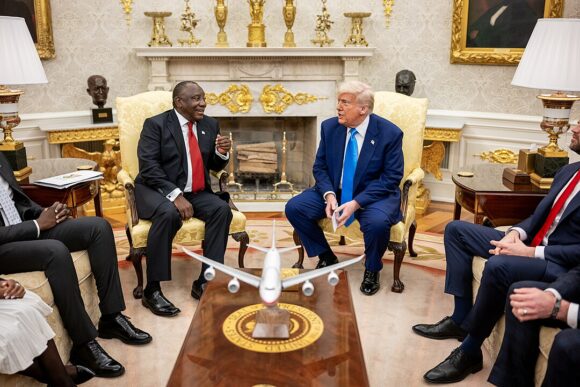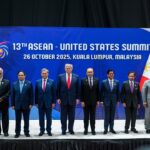Washington, D.C. — October 30, 2025
The administration of former U.S. President Donald Trump has announced that the United States will admit no more than 7,500 refugees in the upcoming fiscal year — one of the lowest caps in modern U.S. history. The move has sparked widespread criticism, particularly after reports surfaced that most of the approved slots will be allocated to white South Africans.
Policy Details
According to an official statement from the Department of Homeland Security (DHS), the new refugee ceiling aims to prioritize “individuals facing political persecution and threats to their safety due to government instability.”
However, immigration advocates and analysts argue that the criteria disproportionately benefit white South Africans, a demographic not widely recognized as being at high risk of persecution under international refugee standards.
The policy reportedly includes a special provision for South African farmers, citing violence and land disputes as key concerns.
Political Context
The decision follows Trump’s continued calls for a “merit-based” immigration system. During his previous administration, refugee admissions were reduced sharply from over 100,000 annually to fewer than 20,000 in 2020.
Critics say the latest cap reflects a continuation of policies that favor specific racial or national groups over others.
Trump defended the move during a rally in Florida, stating,
“We are focusing on people who can contribute, who share our values, and who are in real danger — especially the South African farmers who have suffered so much.”
Reactions and Criticism
Human rights organizations and refugee advocacy groups have condemned the policy as discriminatory. The International Rescue Committee (IRC) described the plan as “a deliberate attempt to reshape America’s refugee system along racial lines.”
“Limiting refugee admissions to 7,500 while prioritizing one particular white ethnic group undermines decades of humanitarian commitment,” said IRC spokesperson Lisa Menendez. “This is not about safety — it’s about politics.”
Several lawmakers from both parties have voiced concerns, urging Congress to review the policy and ensure it aligns with U.S. refugee obligations under international law.
Impact and Outlook
If implemented as announced, the policy would effectively exclude thousands of refugees from conflict zones in Africa, the Middle East, and Asia, including displaced Palestinians, Syrians, and Afghans who have been waiting years for resettlement.
Analysts suggest the move could further strain relations with humanitarian partners and international allies who have urged the U.S. to uphold its moral responsibility in global refugee protection.






